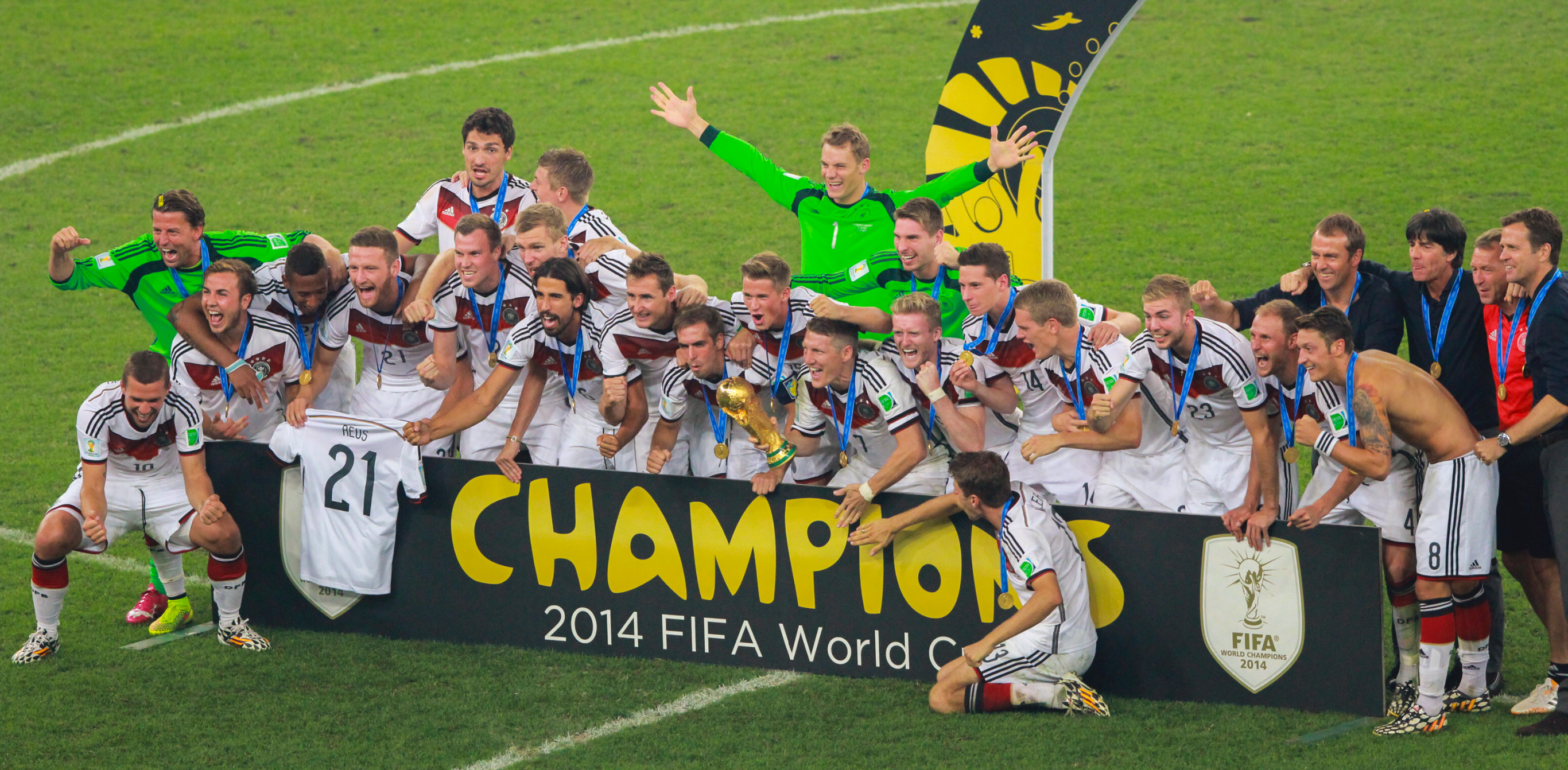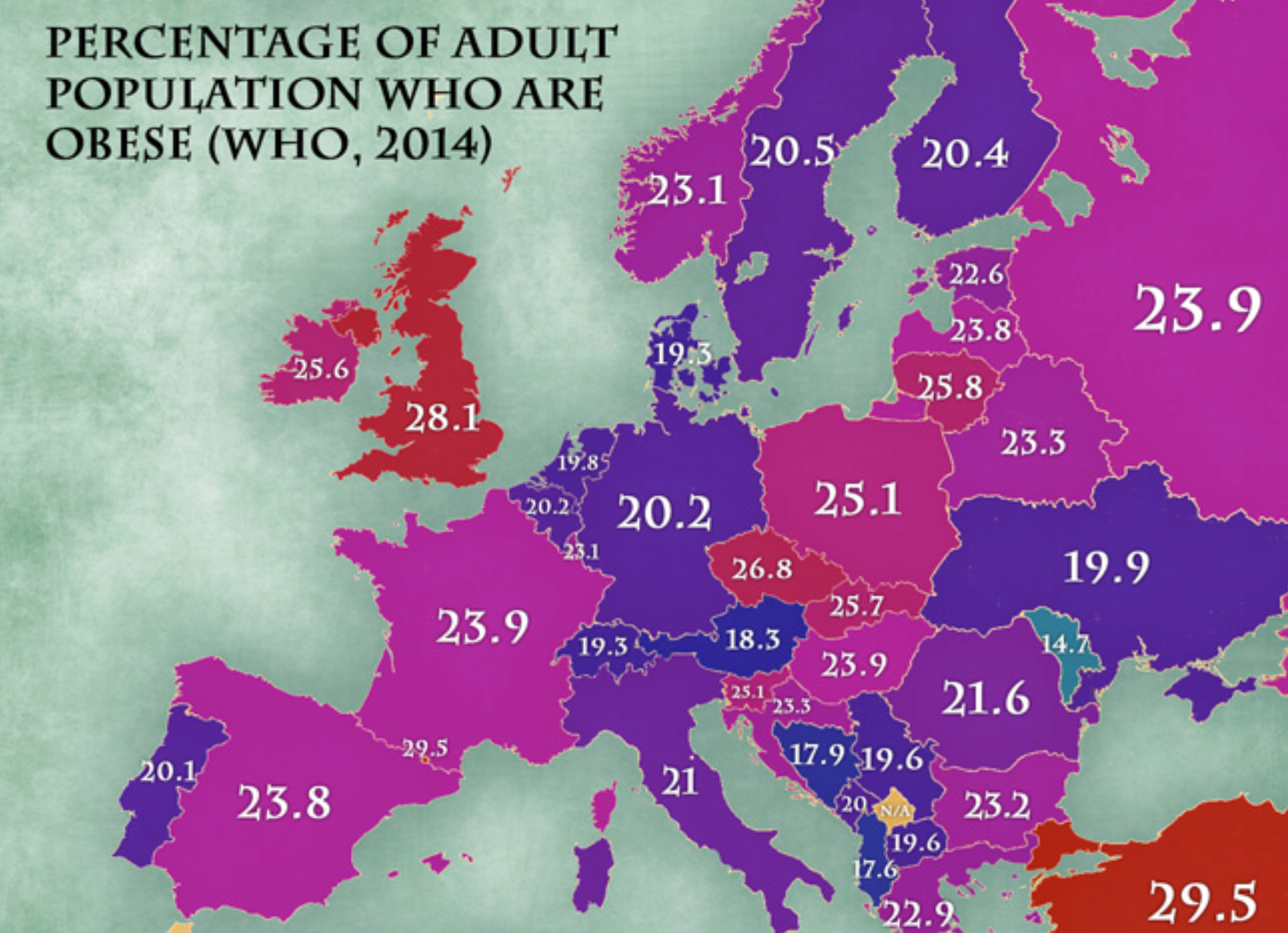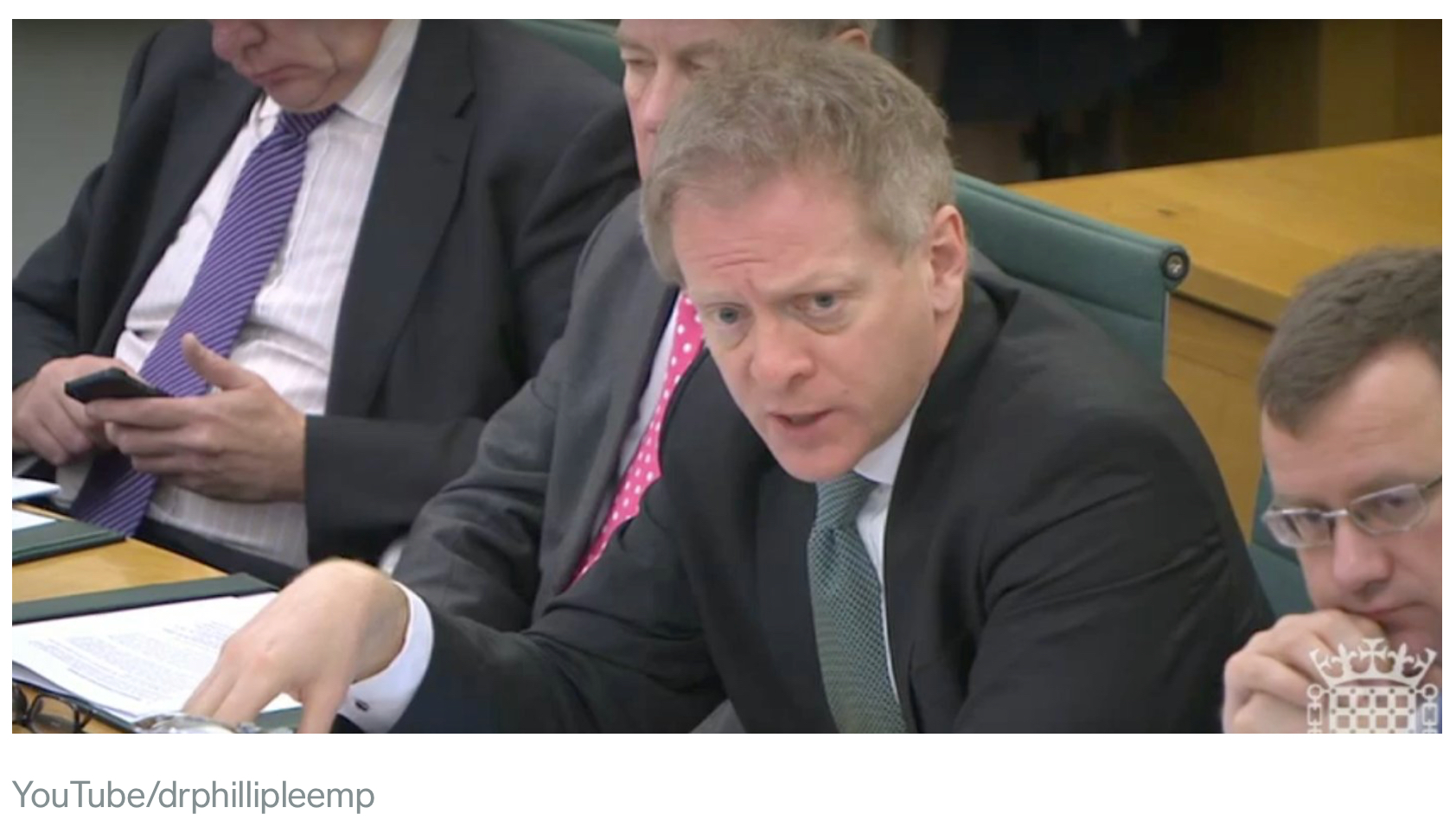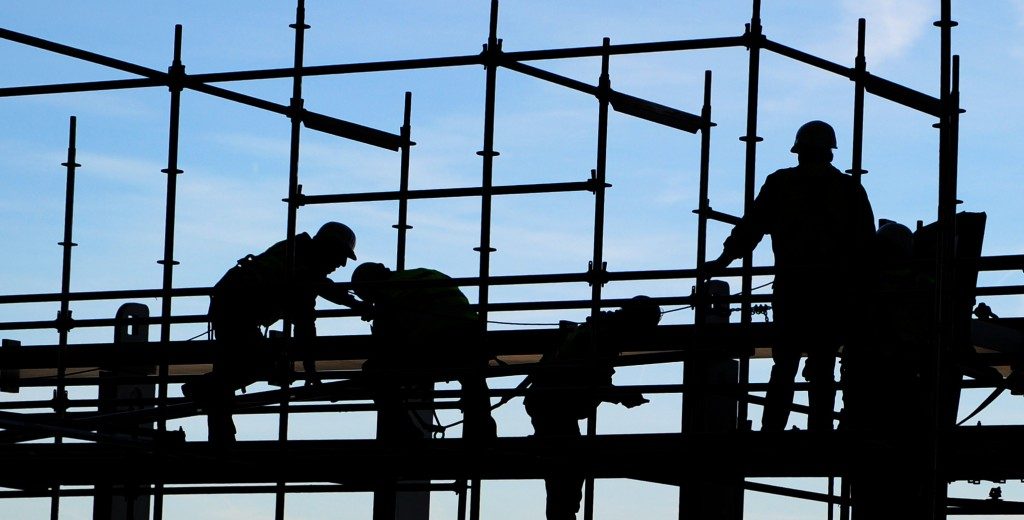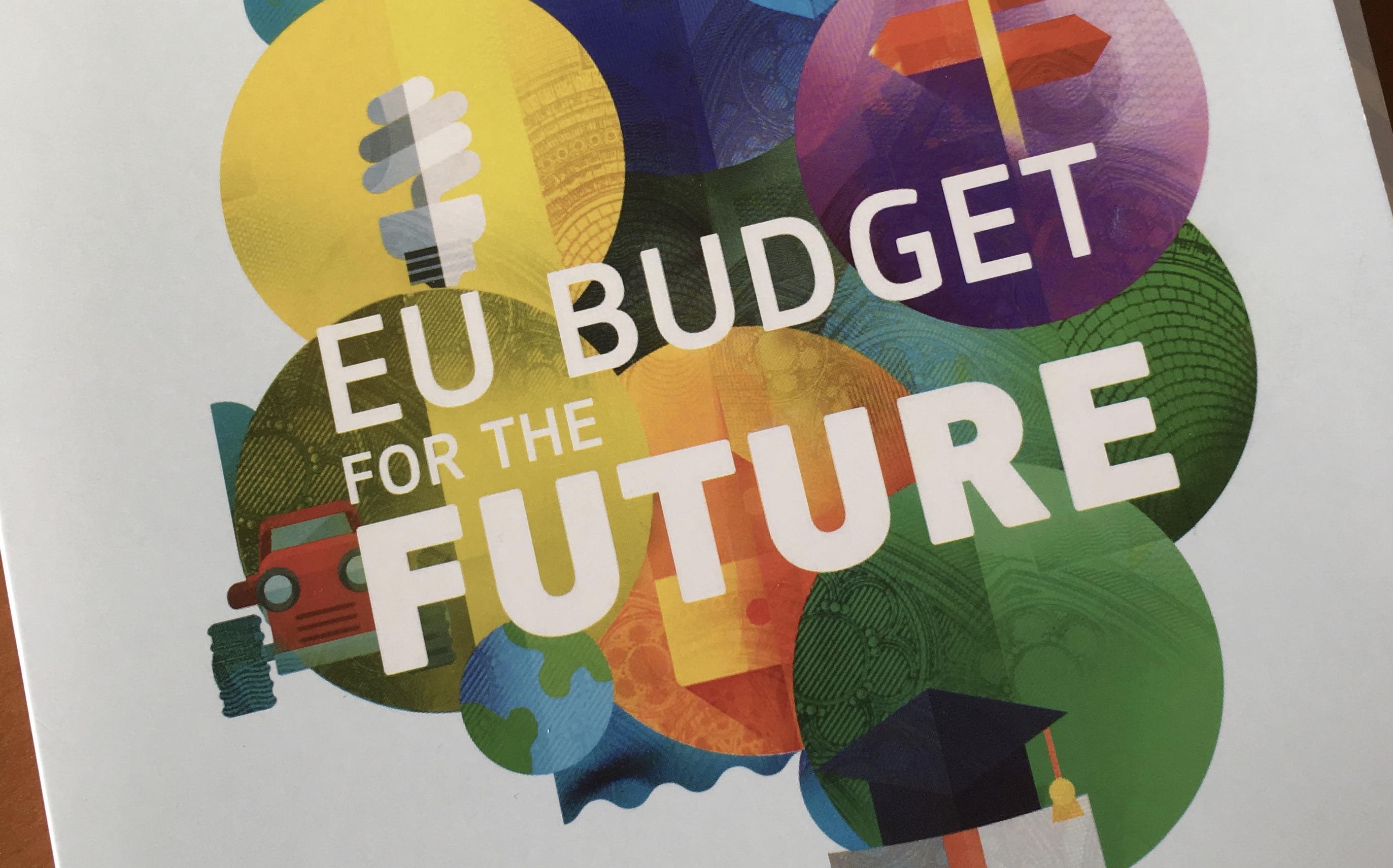Never mind the World Cup. Like a lot, my guess is actually most of the people who follow football, my first loyalty is to club rather than country. What happens to Newcastle United matters to me - rather too much. What happens to Reading FC matters to me a fair bit. What happens to England or Scotland - rather less so, I’m afraid. The national team is something football supporters care about for a month every couple of years, they care about their club the other 23 months.
So the big event this week is the publication of the fixtures for next season. I should confess at this point that I’m really hoping that my Son’s wedding doesn’t clash with a home game!
For some people the fixtures drive their lives but for Premier League supporters it is now just an outline. The TV schedules mean games are changed and travel planning becomes more difficult. For the teams at the top the European schedules mean that games are switched even more regularly. Saturday at 3pm is a routine reserved for the lower leagues - mostly.
I’m asked sometimes how I think Brexit would affect football. To be honest, I’m not sure, but there are several possibilities that could go either way. These are some of the issues affecting football in the near and not so near future:
For as long as I can remember somebody or other has been predicting some kind of apocalyptic event likely to hit the game but history should teach us that very little happens overnight. The Bosman ruling was a decision of the European Court of Justice in 1995. It essentially just confirmed that slavery really had been abolished and so once a player had reached the end of their contract they had the right to move without a fee being played to their former club. At the time it was the end of the world - except it wasn’t.
Under the Withdrawal Bill the Bosman ruling will still apply to UK clubs - and, given that there have been advantages and disadvantages but that wages have generally risen, it’s hard to see the PFA agreeing to any change.
TV rights, the biggest single source of income at the top level, are awarded on the basis of national territories. This might change at some stage depending on what happen to EU law in the media sector and the digital single market. With the UK outside the EU territorial rights will still apply to the UK, however if EU law changes then the Premier League it may change the way rights can be sold in the EU which may affect the price.
What will certainly affect TV income, however is whether or not the Premier League can position itself as the ‘best league in the world’. That was always debatable - but the fact is it is the most competitive top league and worldwide audiences seem to like the product, which is faster and in many ways more interesting than more aesthetically skilful leagues. The quality of the product depends on the quality of the players.
The essence of Bosman was that professional footballers are just people at work. So they have rights, including freedom of movement. If freedom of movement is ended EU players will require work permits. This has enabled the Premier League to become ‘the best league’ by hiring overseas, which has often meant less expensive players. It also meant that the football authorities could not enforce requirements for a minimum number of ‘home’ players to be fielded and this especially affected the Premier League as all EU players are ‘home’ players. Players from outside the EU need to meet competitive standards to qualify for competition. Analysis of squads, conducted by BBC Sport, have found that in the first two tiers in England and the Scottish Premiership, a total of 332 players would fail to meet current standards, more than 100 Premier League players would be affected.
With the UK outside the EU players from the EU27 would have to abide by current FA international player rules. The current rules, on international players from outside the EU state that a player from a top 10 ranked FIFA country, has had to have played in 30% of their games in the two years prior to the date of application to be granted a work permit. A player from a nation ranked 11-20 must have played in 45% of international games and this percentage rises to 60% for the next 10 countries, then 75% for nations ranked 31-50. If these current rules are applied to the EU-27, then we are looking at a considerable drain of talent and loss of competitiveness to the Premier League. There has been substantial pressure from UK clubs on the Home Office and FA to make the necessary concessions to allow future recruitment and the retention of current players as simple as possible.
While the Premier League frets about its future revenues others, notably the FA, see the potential opportunity of bringing more UK-born players into top flight football thus potentially improving the chances of the England international team. A cynic like myself however, would point out that pre-Bosman the England team did not set the world alight. More significant for football in the UK may be the consequences for teams further down the leagues. There is little doubt that the product at every level of the game is at a higher standard than in the past. Bosman brought a new variety and new ideas into all the leagues. Attendances remain, despite everything, at historic highs and the Championship is a highly competitive league, in many ways more entertaining than the top division.
Another issue relates to FIFA’s Article 19 on the Status and Transfer of Players. Under this Article, international transfers are only permitted for players over the age of 18. However, one of these exceptions is that if the transfer takes place within the EU or EEA, then the age criteria is reduced to 16. This may not appear a big problem, but it means that when the UK leaves the EU, we will lose the ability to utilise the exception in Article 19, and therefore be prevented from signing players at other EU Clubs between the ages of 16-18. In recent years, hundreds of players under the age of 18 have been transferred to UK clubs under the EU/EEA exemption to Article 19 such as Hector Bellerin, Nathan Ake and Andreas Christensen to name but a few.
What will happen? Nobody knows for sure, but the US experience tell us that elite sport usually wins. The biggest clubs are now international brands and TV franchises. The issues are all going to rumble along and will, like so much else, remain unresolved for a while yet, money will talk. The Premier League will get its way, or find a limited compromise on EU-based players. However, the greater threat to the structures of English football as we know it will come from the changing shape of the European elite. A reformed Champions’ League or newly structured European club competition may effectively remove half a dozen teams from the domestic league altogether and they will simply no longer be governed by the jurisdiction of the FA. The main threat to the integrity of the sport will come from the preponderance of gambling interests surrounding the world game. It has always been true that where gambling leads corruption follows.
Meanwhile the game will in essence remain beautiful and the World Cup will remain a contest of two halves which Germany tends to win.

